Hello,
I hope the receptionist told you to consider the ER. I cannot tell you if she is stable, or healthy enough to wait to come in at 1. I do always have to caution people with illness , any kind of change in behavior or fecal output and the tiny babies like you have are even more fragile. I think that if you are worried you are safest going to the ER.. I also know that in some cases I have to refer the patients I see on Sunday to the ER as we cannot provide the in patient care that we need to provide them,
Please keep me posted. I really hope that everything is ok. I would also hope that you call the appropriate authorities to report the breeder. Most people are not as kind and able as you are to care for a neonate.
krista









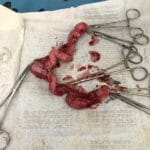

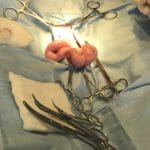
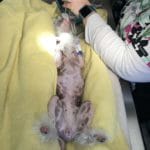

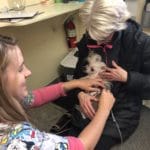

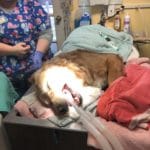
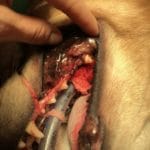
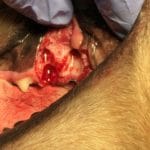
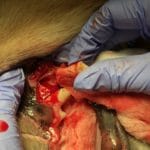
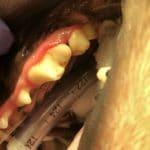
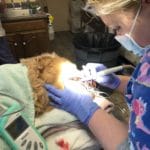
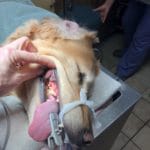
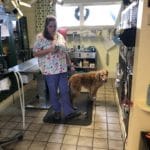

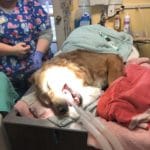


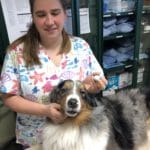
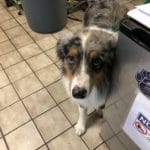
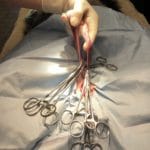
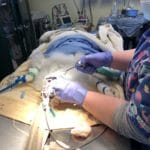
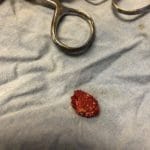


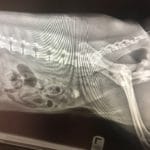
Hi there- so sorry that this is all happening. I think that before you can really come up with any sort of game plan, you need to find out the rest of the results. I would also start keeping a journal for questions you have as well as your dog’s behavior. You can share these with your vet. I know that when our dog two years ago was ill, I always had a million questions and then when we would get to our appointment, my mind would go blank. Keeping the journal helps to sort your thoughts out so that you don’t forget to mention anything or ask anything. I am quite sure that your vet will set aside time to speak with you. You should talk about ALL possible options. I know that my vet tries to offer every scenario she can think of and then we make a plan from there. Do not be shy about discussing budget either. I wish I could offer more advice to you right away. Hopefully another Pawbly friend will log on and have more insight to share. Very best of luck to you and your pup. Please keep us posted????????
Thank you for your comment! Great idea to document what’s been going on, or any observations that should be noted (especially questions – I always blank out on the millions of things I want to ask when the time comes).
I do feel like our vet will also take the time to present all available options. I’m just hoping that it’s an honest conversation about quality of life, what the prognosis looks like and if it’s even reasonable to do XYZ, budget considerations, etc. I’m at the point where I don’t want to keep going down a rabbit hole of testing and procedures, but I do feel like the biopsies are the next step regardless and those will definitely provide some answers. I just can’t believe how quickly these things happen! All of the physical behavioural changes have been so unexpected.
May I ask, what was your dog ill with when you had to consider options? Hope everything ended up being okay, or at the very least hope you’ve had some peace of mind!
Well- only since you asked. He was our younger mixed breed, and always so healthy- when he started to be tired all the time I brought him in because it was so out of character. When they took xrays my vet could tell right away it wasn’t good. He was riddled with cancer everywhere, so we knew it was a matter of time and pain management. That was in early spring about 2 years ago. We had to get him to the end of the school year (he was my son’s best friend in the whole world) and our vet helped us do that. Your situation may very well be much different. It sounds as if anything your dog may possibly have would be fairly contained. Hopefully the ultrasound and other test results come back with a good prognosis! ????????